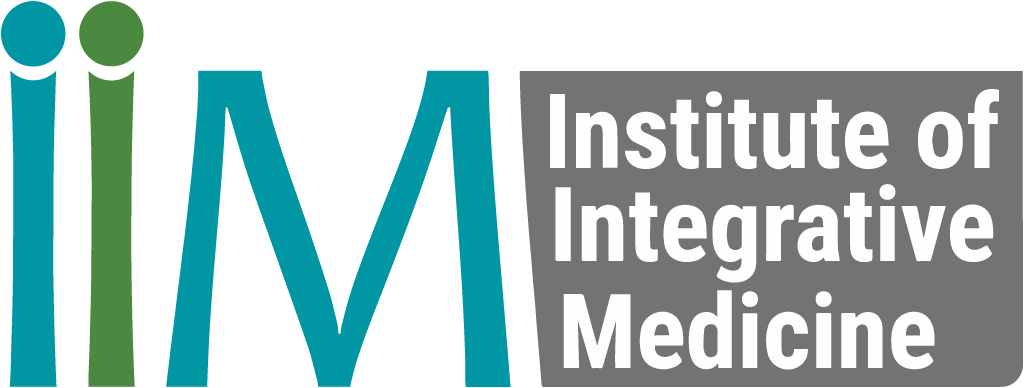The 6R Approach to Optimum Gut Health
The repair and restoration of the gut is a lengthy process that involves a number of steps. This being said, it is important to help patients commit to their health journeys. By using the 6R approach, clinicians are able to follow a structured process which patients are encouraged to commit to. This increases the chances of the effective restoration of gut health.
A properly functioning digestive system is vital in trying to achieve good health and prevent disease. Inflammation can lead to gut dysbiosis and overall systemic inflammation. Integrative and Functional medical approaches aim to seek out the root cause of the issue and eradicate illness through the combination of conventional and alternative modes of practice.
One of the Integrative approaches used in restoring gut health is the 6R approach. This mode of treatment consists of a 6 step system:
- Remove
- Reduce
- Restore
- Replace
- Re-inoculate
- Repair
6 Steps to Restoring and Repairing Gut Health
Remove
The first step in the process involves removing mucosal irritants. These are agents that might upset and irritate gut health, and may include:
- Allergenic foods
- Alcohol
- Gluten
- NSAIDS
- Pathogens
In order to determine which food sensitivities one might have, a process of trial and error can be followed. Keep a food diary, in which you keep track of the foods you consume in a day, and the gut reaction thereafter. This will help in determining which foods you might be sensitive towards, and thus allows you to limit or eliminate these from the diet. Following a Low FODMAP diet for gut health could also aid in eliminating food sensitivities.
Reduce

The second step is to then reduce unhealthy foods and substances which include:
- Sugar
- Refined Carbohydrates
- Saturated fats
- Red meat
- Alcohol
- Cigarettes (advised to remove completely)
By reducing unhealthy substances from the body, we reduce the risk of developing inflammation in the gut, and improve overall gut health.
Restore
The third step involves restoring the bowel transit time. It is important that our stool passes through the GI tract in a fairly regulated time. A healthy bowel regulation can be from 3 times a day to 3 times a week. Usually, these patterns are timed more or less the same each day.
One can improve bowel transit time through:
- Increasing dietary fibre
- Increasing water intake
Replace
The fourth step is aimed at replacing agents for digestive support. Here, we add back and replace anything that will aid in normal digestion. Over the time that the gut is unhealthy, it tends to lose nutrients through impaired absorption. The fourth step aims to replace the nutrients lost, in order to support a healthy digestive system. This may be in the form of digestive enzymes or supplements.
Re-inoculate

The fifth step is to repopulate the gut with friendly bacteria. This could either be through a good probiotic (Lactobacilli, Bifidobacteria), and/or through a good prebiotic (Fructooligosaccharides, Inulin).
The purpose of re-inoculation is to enhance the growth of beneficial flora and aid in the restoration of a balanced microbiome.
Repair
Last, but not least, is the repair process which involves rehabilitating the mucosal lining back to optimal health. This can be through a number of supplements such as:
- L-Glutamine
- Aloe Vera
- N-acetylGlucosamine
- Zinc
Other such supplements can include:
Bioflavonoids
Bioflavonoids help to strengthen the gastric mucosa and aid in reducing liver reactivity due to allergens.
N-Acetyl Cysteine
N-Acetyl Cysteine is a byproduct of glutathione and helps to reduce toxicity of abnormal bacteria.
Saccharomyces boulardii, Whey Globulin and Bovine Colostrum
These three supplements help to improve and restore local immunity, thus reducing inflammation.
Ginkgo Biloba
Ginkgo Biloba enhances circulation to the intestinal epithelium.
Summary
The repair and restoration of the gut is a lengthy process that involves a number of steps. This being said, it is important to help patients commit to their health journeys. Integrative and Functional practices aim to seek out the patients root issues, and develop programmes around their needs and wants. By using the 6R approach, clinicians are able to follow a structured process which patients are encouraged to commit to. In this manner of patient-centric treatment, both doctor and affected individual can work together to mitigate chronic issues and symptoms.
How do I Become a Functional Medicine Practitioner to learn more about The 6R Approach to Gut Health?

The Institute of Integrative Medicine is a global leader in the field of Integrative Medicine Education. Integrative medicine aims to be at the forefront of modern technology and new discoveries. Implementation of the 6R approach can provide extensive gut health benefits. We offer certified online courses helping you to take charge of your practice and improve the quality of life for your patients. Find out more about the courses we offer today!

